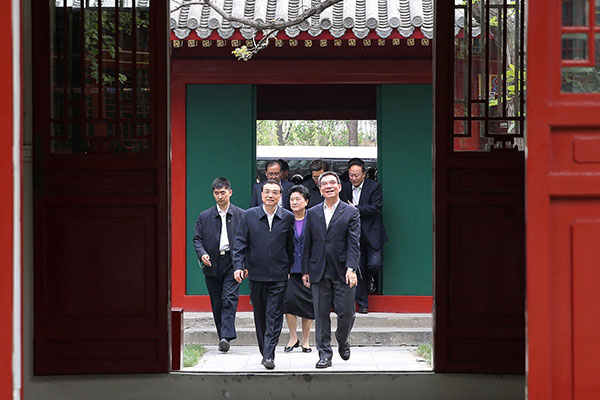
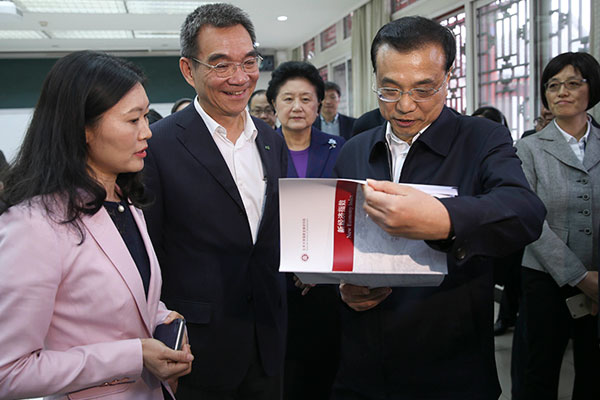
On April 15, Premier Li Keqiang endorsed “new economy indexes” and emphasized fundamental mathematics research during a tour of Peking University, one of the most prestigious universities in China.
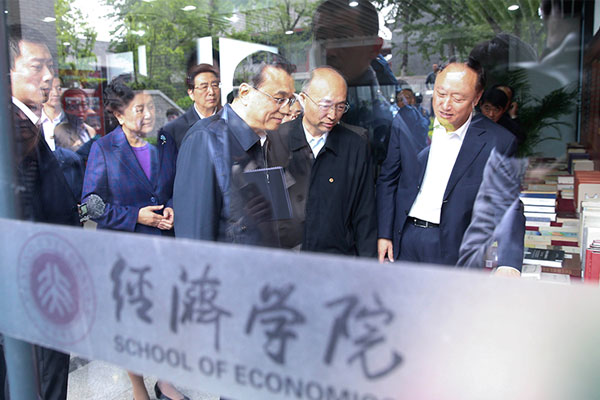
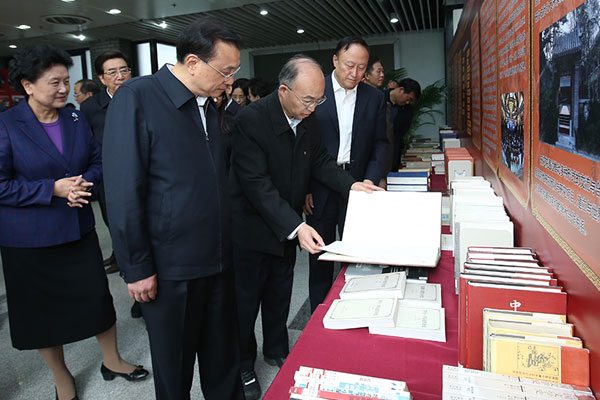
The “new economy indexes” is an analysis based on big data concerning nine industries and more than 100 categories of the “new economies”. The research is done by Peking University’s national school of development.
During his tour of the school, Premier Li praised the work for being innovative.
It’s hard to keep medium-to-high growth simply with traditional driving forces. New driving forces should be cultivated to boost new economy development, he said.
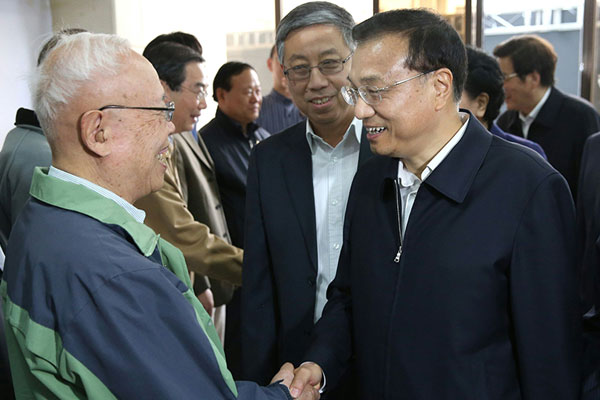
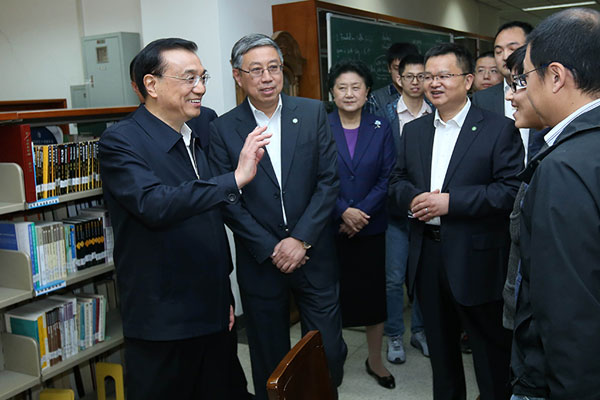
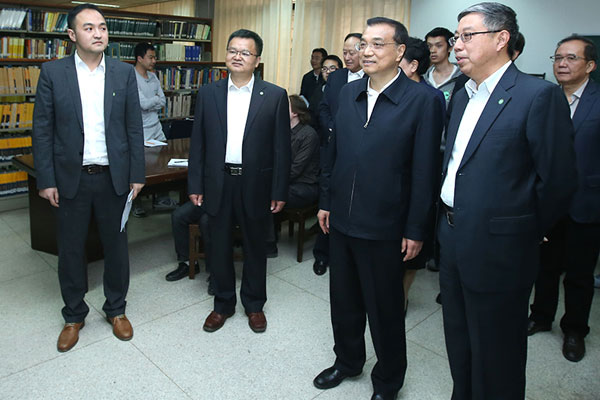
At the school of economics, the Premier was briefed about the school’s history, construction of think tanks, and activities of entrepreneurship and innovation. He also inspected an exhibition of achievements in the humanities and social sciences.
During the stay in the school of mathematical sciences, Premier Li noted that mathematics is the crown of the natural sciences and a major tool of scientific research.
Fundamental mathematics research is underdeveloped, limiting the development of academic sectors. Peking University should attach more importance to fundamental mathematics research, he stressed.
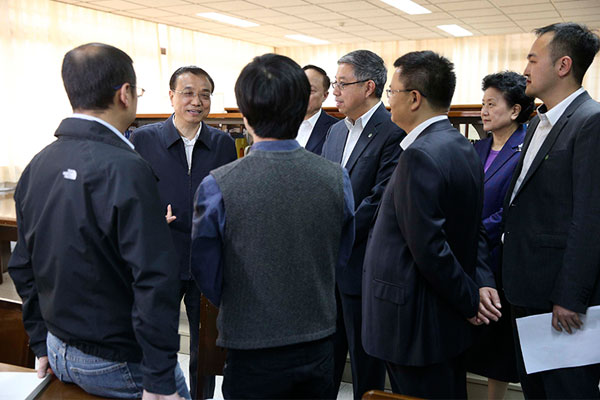
Premier Li urged efforts to relax the restrictions on spending more for scientific and research staff hires to make it easier to attract top talent during his visit to the school of mathematical sciences.
The Premier called on the university to learn from developed countries’ experiences in this regard, stressing that intellectuals are crucial to scientific research.
The ratio of human resources costs to the total research project expenditure is usually very high in developed countries, with the figure for mathematical sciences as high as 80-90 percent, the Premier said. He was told that the number for the school is only 30 percent.
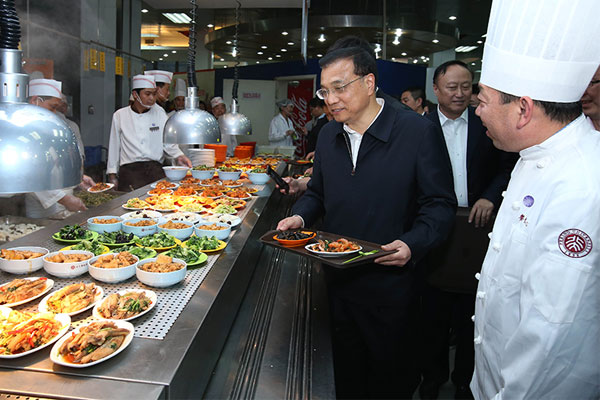
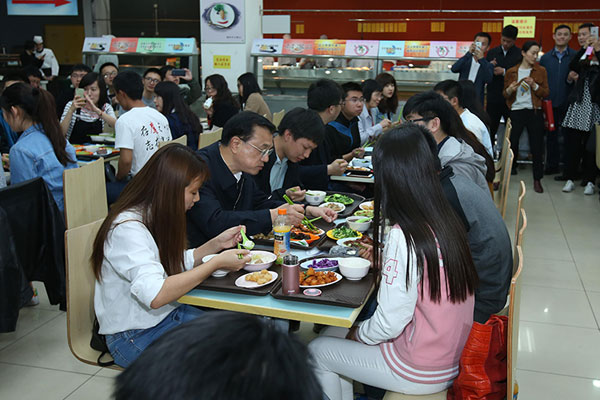
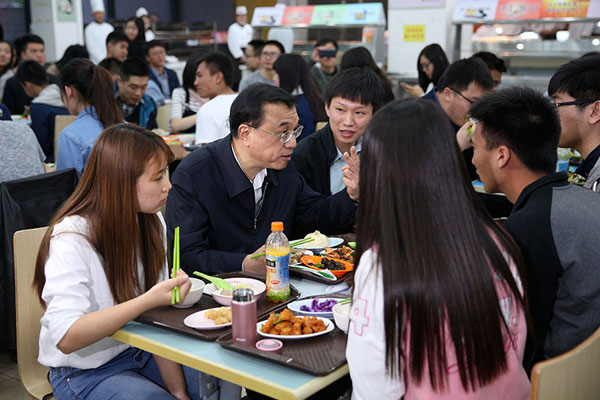
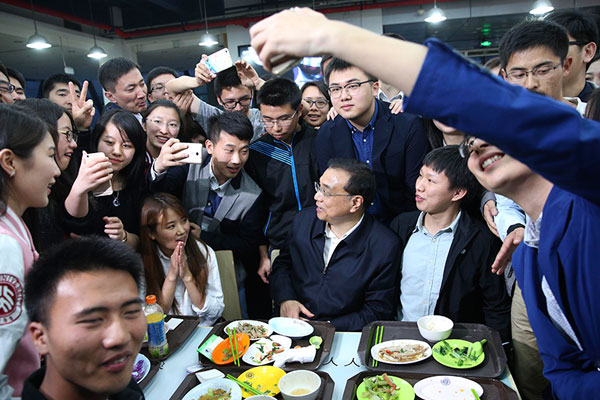
The enthusiasm of students at the university was ignited when Premier Li appeared at a canteen at night. During dinner at the canteen, the Premier talked for more than half an hour with the students about many topics ranging from national student grants, dorm conditions and subjects of their theses.
